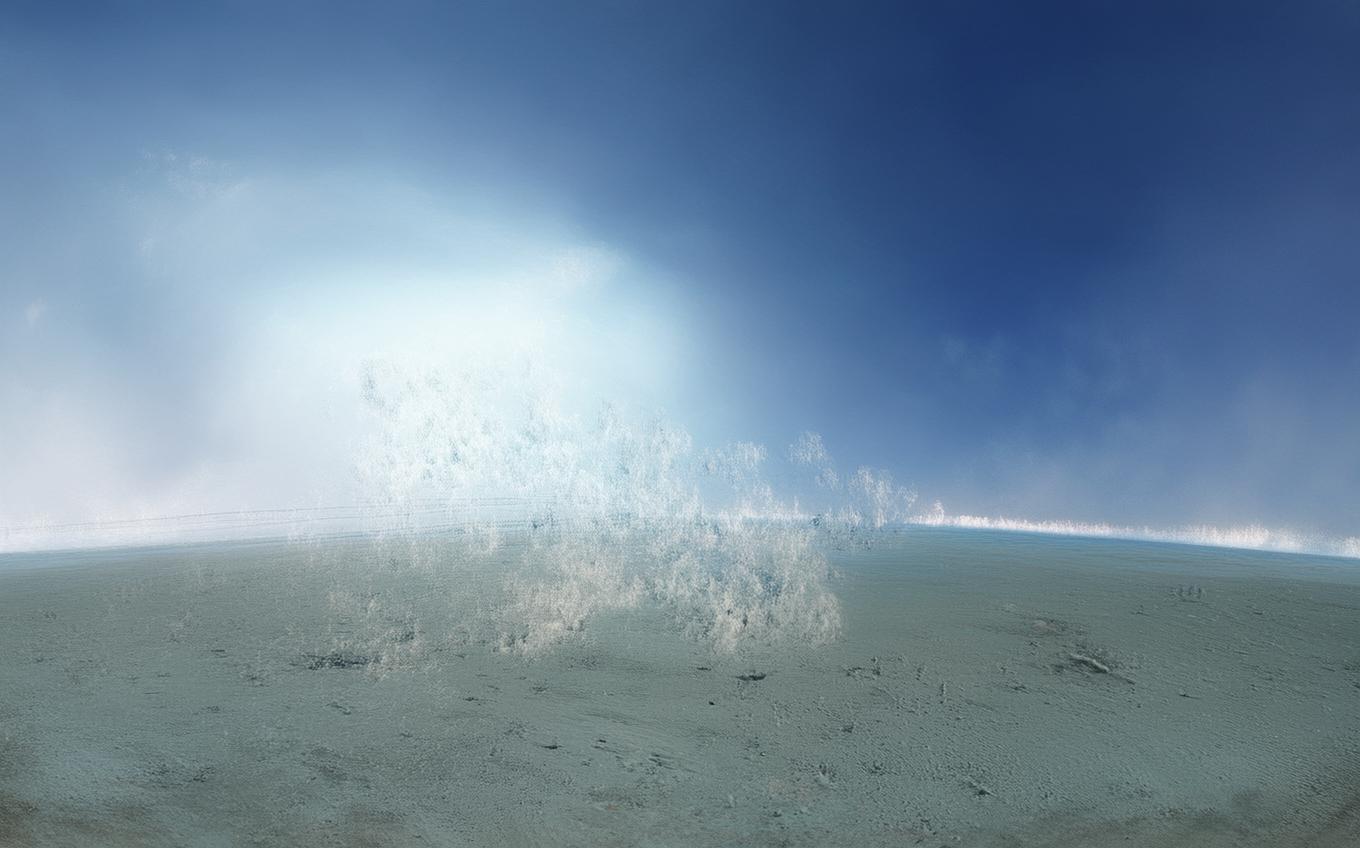Analysis of "下终南山过斛斯山人宿置酒" - Classical Chinese Poetry
Introduction
Li Bai (李白, 701–762), often regarded as China's greatest romantic poet, wrote "下终南山过斛斯山人宿置酒" ("Descending Zhongnan Mountain and Passing the Night with the Hermit Husi") during the Tang Dynasty's golden age of poetry. This work exemplifies Li Bai's signature spontaneity and love for nature, friendship, and wine—key themes in his oeuvre. Composed after a mountain descent, the poem captures a chance encounter with a recluse, blending pastoral beauty with philosophical depth. Its significance lies in its vivid depiction of Tang Dynasty literati culture, where scholars sought harmony between worldly life and spiritual retreat.
The Poem: Full Text and Translation
暮从碧山下
Mù cóng bìshān xià
At dusk, I descend from emerald mountains;山月随人归
Shān yuè suí rén guī
The mountain moon follows me home.却顾所来径
Què gù suǒ lái jìng
I turn to gaze at the path I’ve trodden—苍苍横翠微
Cāngcāng héng cuìwēi
Lush green slopes stretch vast and misty.相携及田家
Xiāng xié jí tiánjiā
Hand in hand, we reach the rustic cottage;童稚开荆扉
Tóngzhì kāi jīng fēi
Children swing open the thornwood gate.绿竹入幽径
Lǜ zhú rù yōu jìng
Green bamboos lead to a quiet lane;青萝拂行衣
Qīng luó fú xíng yī
Ivy tendrils brush our wandering robes.欢言得所憩
Huān yán dé suǒ qì
In joy we find rest;美酒聊共挥
Měijiǔ liáo gòng huī
Fine wine flows freely as we toast.长歌吟松风
Cháng gē yín sōng fēng
We sing long poems to the pine-kissed wind;曲尽河星稀
Qǔ jìn hé xīng xī
The melody ends—stars fade over the river.我醉君复乐
Wǒ zuì jūn fù lè
Drunk, I revel; you, too, are merry—陶然共忘机
Táorán gòng wàng jī
Blissfully, we shed worldly cares.
Line-by-Line Analysis
-
Mountain Descent (Lines 1–4):
Li Bai paints a cinematic scene: the "emerald mountains" and "mountain moon" personify nature as a companion. The "misty green slopes" (cuìwēi) evoke Taoist ideals of harmony with the cosmos. -
Rustic Encounter (Lines 5–8):
The "thornwood gate" and "green bamboos" symbolize simplicity and purity. The ivy (qīng luó) brushing their robes suggests nature’s gentle embrace, blurring boundaries between human and environment. -
Communal Joy (Lines 9–12):
Wine (měijiǔ) here is both a literal and metaphorical elixir—fueling camaraderie and spiritual release. Singing "to the pine-kissed wind" merges art with nature’s music. -
Transcendence (Lines 13–14):
The closing lines echo Zhuangzi’s philosophy of "forgetting worldly machinations" (wàng jī). Drunkenness becomes a metaphor for liberation from social constraints.
Themes and Symbolism
- Nature as Sanctuary: The mountains, moon, and bamboo represent retreat from urban chaos.
- Wine as a Spiritual Medium: Li Bai’s trademark motif—alcohol dissolves ego, fostering unity with nature and friends.
- Taoist Non-Attachment: The poem’s climax ("Blissfully, we shed worldly cares") mirrors Laozi’s ideal of wuwei (effortless action).
Cultural Context
Written during the Tang Dynasty (618–907), a peak of Chinese cultural flourishing, this poem reflects the era’s yinshi (隐士, recluse) tradition. Scholars often alternated between government service and hermitage, seeking balance in Confucian duty and Taoist tranquility. Li Bai’s spontaneous style—combining vivid imagery with emotional immediacy—epitomizes Tang poetry’s "golden age."
Conclusion
Li Bai’s poem transcends time, offering readers a portal to Tang Dynasty China’s pastoral idealism. Its celebration of friendship, nature, and wine resonates universally, while its Taoist undertones invite reflection on modern life’s frenetic pace. As the stars fade over the river, we’re reminded that joy lies in simple, unguarded moments—a message as vital today as it was over a millennium ago.
"Drunk on moonlight and verse, Li Bai teaches us to wander, to wonder, and to let go."




Comments (0)
No comments yet. Be the first to comment!